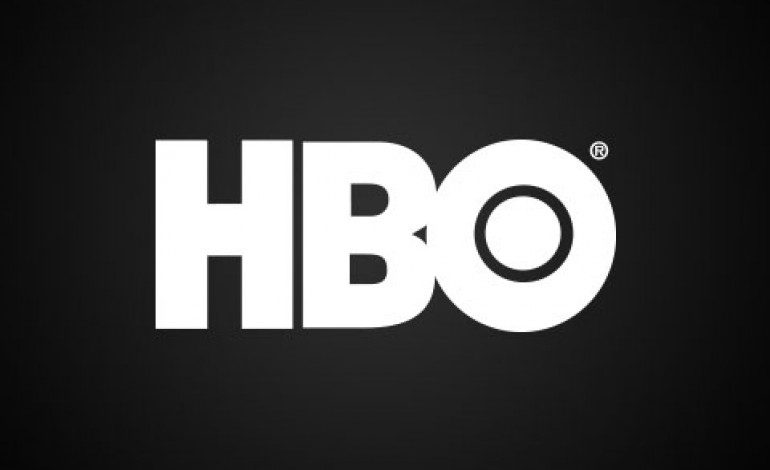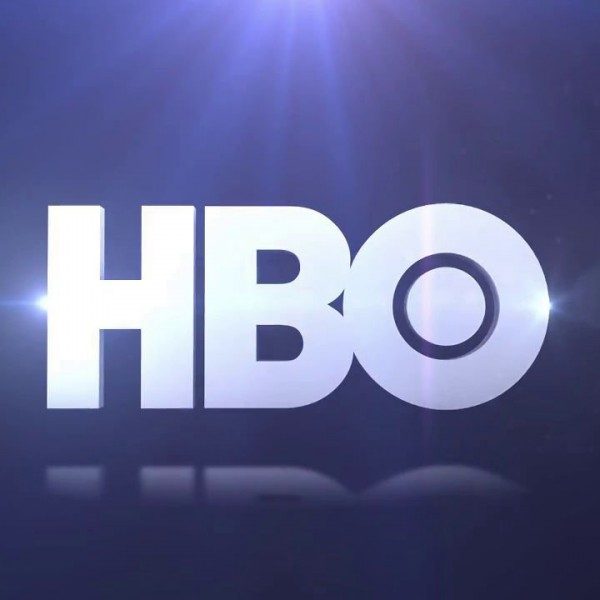

With the AT&T and Time Warner $85 billion merger comes big changes to HBO. John Stankey (an AT&T executive that is now overseeing HBO with his new role as chief executive of Warner Media) was the main speaker on telling people what is going to happen to HBO. In his speech he said, “It’s going to be a tough year. It’s going to be a lot of work to alter and change direction a little bit.”
While Stankey was describing the future of HBO he talked about how he wanted the increase the amount of subscribers and also increase the number of hours that viewers spend on the show. That means that HBO has to come out with more content, which would transform itself from a more boutique operation to something much bigger and broader.
Even though Stankey never mentioned Netflix (or another big streamer) by name, based on what he is talking about HBO might be headed in that direction. He said that the amount of subscribers should, “move beyond 35 to 40 percent penetration to have this become a much more common product.” This is because there are 40 million subscribers in the United States out of 142 million worldwide. There were about 150 employees that attended the meeting (Stankey) did imply that their jobs are safe) and he told each of them because there is going to be more content pumped out of HBO, “I suspect if we’re in a situation where we’re going to be investing heavier, that means that there’s going to be more work for all of you to do — and you’re going to be working a little bit harder.”
There is also obvious tension between Richard Plepler (HBO’s urbane chief executive and has been with HBO since 1992) and Stankey. This was most notable when Plepler asked how much AT&T planned to invest to help create more content. When talking about how at the end of the day it is all about making money Stankey replied “Yes, you do. Just not enough.” Plepler then replied, “Oh, now, now, be careful.”
The question that we are left with is, is this a good thing for HBO? In some ways having more shows is a good thing; however, there are other ways it does not. By having more content there is more opportunity to give audiences different kinds of voices through different kinds of shows. This leads to more experimentation and creativity, which gives shows that might not have had a chance to be on that HBO platform. Because of big streamers like Netflix, many shows were given a chance, even though, they might have been thought as more on the risky side to other broadcasters.
However, a negative to this would be what might happen to the quality of the shows produced by HBO. Stankey touched on the idea that HBO has, “earned the dynamic amongst your customer base that when you put a new piece of content out there, people will try it, just because they trust you’re going to be putting something in front of them that they might like. We now need to figure out how to expand the aperture of it without losing the quality.” With more shows means more restrictions on the amount of money spent on each individual show, which could effect the overall quality. HBO is known for its big hitters like The Sopranos, Game of Thrones, and Westworld, each of which were not cheap to create, but because the volume (in the amount of shows) was not there they could invest more money in each of them. Part of the reason HBO is able to win so many Emmy awards is that they have focused on quality over quantity. Not to say that HBO is perfect, they have had their far share of misses as well. In order to keep that trust in the customer base they need to do something very difficult and, “figure out how to expand the aperture of it without losing the quality.”

